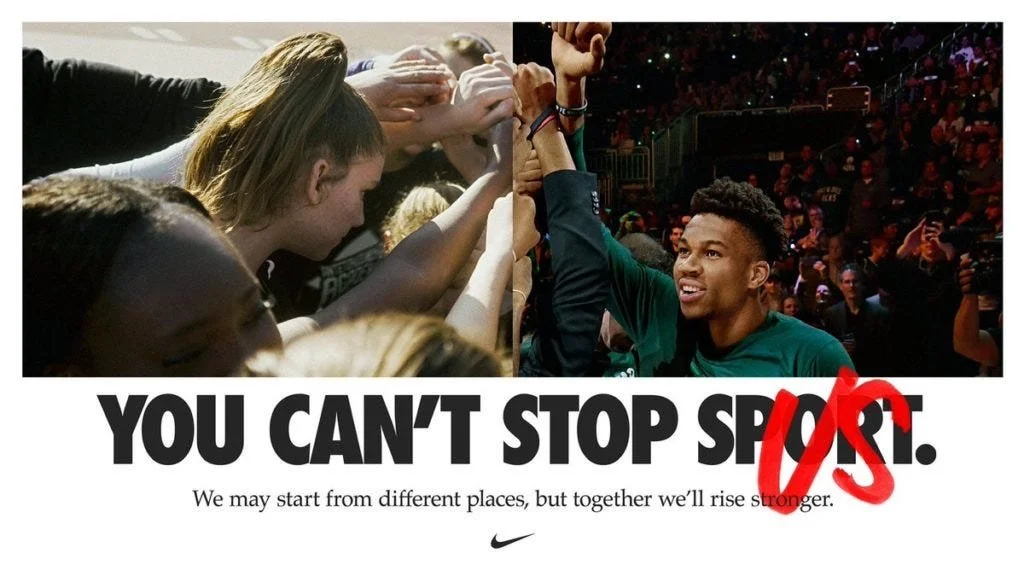Mastering Relationship Marketing: A Valentines Edition
Valentines isn’t just for couples – it’s also for brands building love stories with their customers! As the world celebrates affection and connection this February, it’s the perfect time for businesses to reflect on their marketing strategies and explore the power of relationship marketing. In a world where consumers are bombarded with countless ads, how can businesses foster genuine, long-term connections with their audience? Relationship marketing is the answer.
In this article, we’ll explore the importance of relationship marketing in today’s B2B landscape, offering insights and strategies for building lasting connections with your customers.
What is Relationship Marketing?
Relationship marketing focuses on building long-term emotional connections with customers, emphasising ongoing interactions over short-term sales. Unlike traditional transactional marketing, which prioritises immediate results, it aims to create loyalty and trust, leading to sustained success and customer retention. Customers today expect more than just a product or service; they want to feel valued and understood. By nurturing these connections, businesses can foster brand advocates who will continue to support and recommend the business long-term.
The Importance of Relationship Marketing in B2B
In B2B marketing, relationship-building is crucial for success, particularly due to long sales cycles and high-value contracts. Trust plays a key role in securing deals and retaining clients. Increasing customer retention by just 5% can significantly boost profits by 25% to 95%, offering a clear advantage for B2B businesses. Fostering long-term relationships reduces the need for constant client acquisition and lowers marketing costs.
Increasing customer retention rates by just 5% can boost profits by 25% to 95%1 . This is a significant advantage for B2B businesses, as fostering long-term relationships reduces the need to constantly seek new clients and lower marketing costs.
The Role of Emotion in Marketing
Building strong relationships with your customers requires more than just offering a great product or service. Emotion plays a pivotal role in human interactions, and it’s no different in the world of business. Consumers are increasingly drawn to brands that resonate with them on a deeper, emotional level. Businesses that can tap into these emotions are more likely to create memorable experiences and can form lasting bonds.
A powerful way to connect emotionally with your audience is through storytelling. A well-crafted story can evoke feelings of empathy, nostalgia, or inspiration, creating a deeper connection with your brand. For example, Nike’s “You Can’t Stop Us” campaign is a masterclass in emotional storytelling. By highlighting resilience and perseverance, Nike crafted a narrative that resonates with athletes and non-athletes alike, creating a sense of unity and determination.
For more on the Nike “You Can’t Stop Us” campaign - Watch here
Another great example of B2B emotional marketing can be found in Salesforce’s "We Bring Companies and Customers Together" campaign. Salesforce is a customer relationship management (CRM) platform, and its campaign focuses on the emotional benefits of customer success, such as building trust, improving collaboration, and fostering growth.
When crafting your brand story, authenticity and relatability are key. Share experiences that reflect your audience's values and aspirations. Embrace vulnerability and challenges, as people connect with real, human stories. Whether it's your brand's origin or customer success stories, emotional storytelling builds lasting relationships and strengthens your marketing efforts.
Strategies for Building Relationships
Now that we’ve covered the importance of relationship marketing and the role of emotion in creating connections, let’s dive into some practical strategies for fostering meaningful relationships with your customers.
Personalisation
Personalisation is crucial in relationship marketing. By tailoring your efforts to individual customers or segments, you show that you understand their unique needs. This can range from using customers' names in emails to offering personalised product recommendations. Targeted email campaigns are an effective way to personalise your marketing.
Loyalty Programs
Loyalty programs are a powerful way to build long-term relationships. By offering rewards for repeat business, you encourage customers to return and feel recognised for their support. Whether through points, exclusive discounts, or early access to products, loyalty programs keep your brand top-of-mind and strengthen customer connections.
Social Media Engagement
Social media is ideal for building real-time relationships with your audience. Engaging through comments, messages, and interactive content humanises your brand and fosters meaningful conversations. Sharing behind-the-scenes content, celebrating milestones, and acknowledging feedback all enhance a positive, relationship-driven presence.
Celebrating Milestones
Whether it’s a customer’s anniversary with your company or a product milestone, taking the time to acknowledge and celebrate important moments shows that you care. Personalised messages, special offers, or even simple “thank you” notes go a long way in building customer loyalty and demonstrating that you value the relationship.
At Excelerate Marketing, we understand the power of relationship marketing. You need a strategy to nurture your connections and support business growth in the long run!
Contact Excelerate Marketing today for a free brand consultation, and let our team of marketing experts help excelerate your business to new heights.

